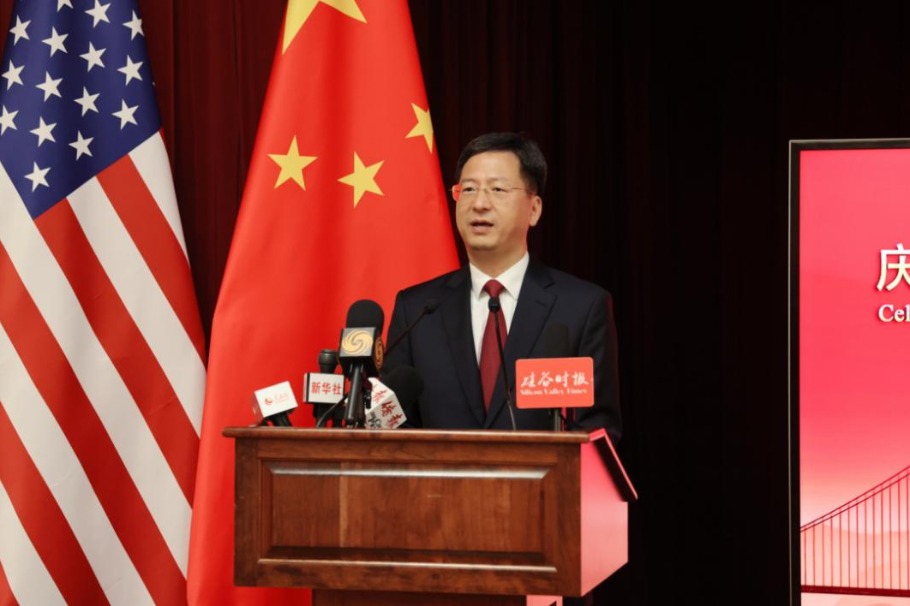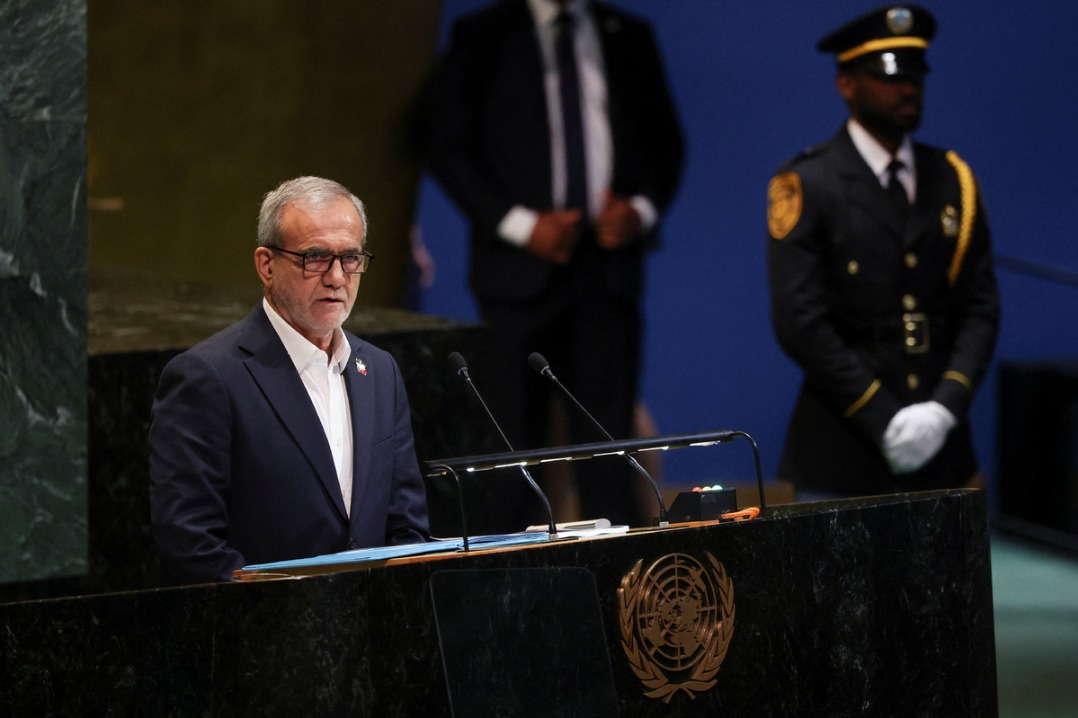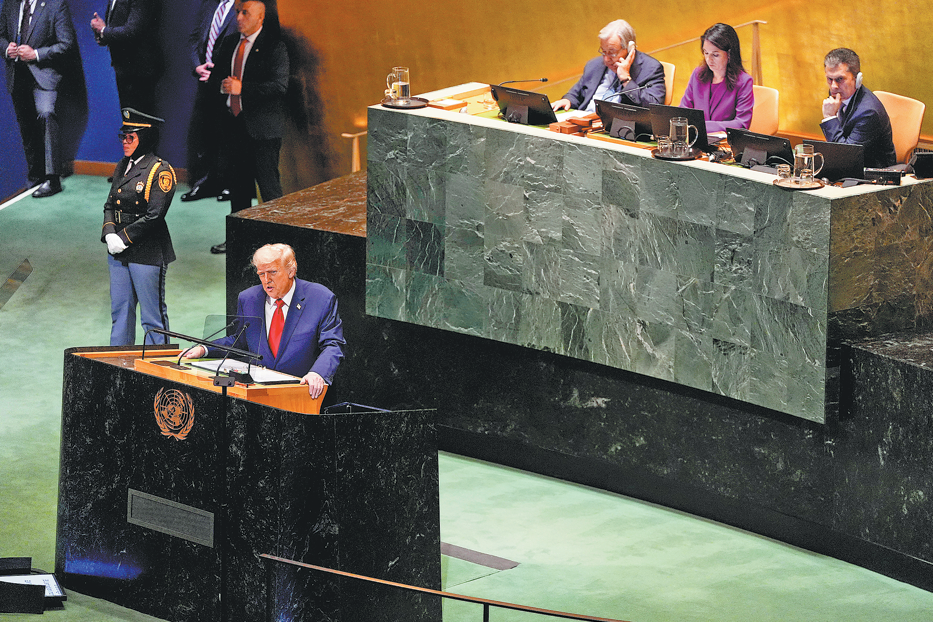China ready to broaden exchanges with India, Ambassador Xu says

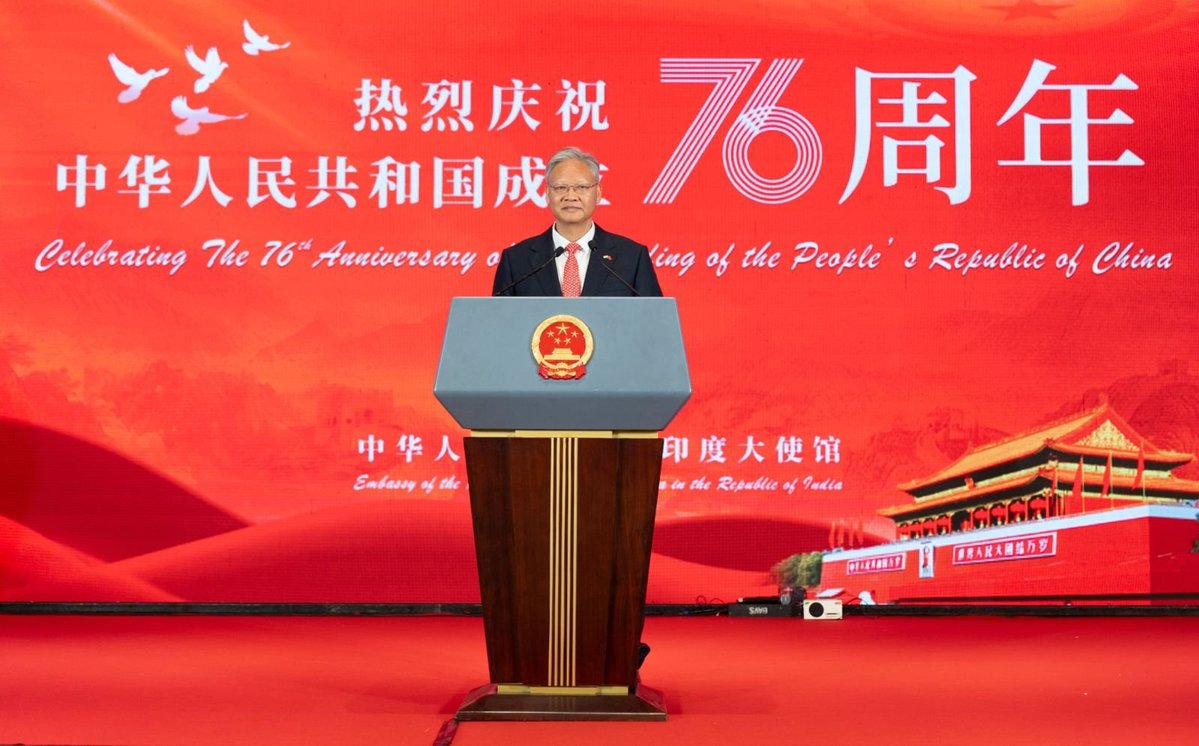
The Chinese Ambassador to India Xu Feihong emphasized China's readiness to broaden bilateral relations at a National Day reception on Sept 23 in New Delhi for the 76th anniversary of the founding of the People's Republic of China.
This year also marks the 75th anniversary of the establishment of diplomatic relations between China and India. Over the past 75 years, despite the ups and downs, the relationship is overwhelmingly defined by friendly cooperation, Xu said.
"We stand ready to work with the Indian side to follow the guidance of the important common understandings between our two leaders, and advance China-India relations on the track of sound and stable development," Xu added.
The envoy was joined by Arun Kumar Chatterjee, secretary of India's External Affairs Ministry.
Xu cited four priorities for bilateral relations. "First, we should uphold a strategic perspective. As two major ancient civilizations and large developing countries, the relationship between China and India has transcended bilateral scope and bears global and strategic significance.
"Second, we should expand friendly cooperation. China-India economic and trade cooperation continues to expand and has great potential. From January to August this year, bilateral trade in goods grew 10.4 percent year-on-year to $102 billion," Xu said.
Both countries should firmly oppose "hegemony, power politics, and any form of tariff and trade wars, jointly defend the common interests of the Global South, and build a community with a shared future for humanity," he said.
And fourth, "bridging differences through dialogue has always been the important key to advancing China-India relations," Xu added.
By Sept 22, the Chinese embassy and consulates in India have issued over 265,000 visas to Indian citizens.
China is also ready to advance friendly exchanges with India at all levels and in all sectors, and further deepen mutual understanding and friendship, Xu pointed out.
China has resumed the pilgrimage for Indian pilgrims to the sacred mountain and holy lake in Xizang. "More than 700 official pilgrims and nearly 20,000 private pilgrims have fulfilled their life-long dreams this year," Xu added.
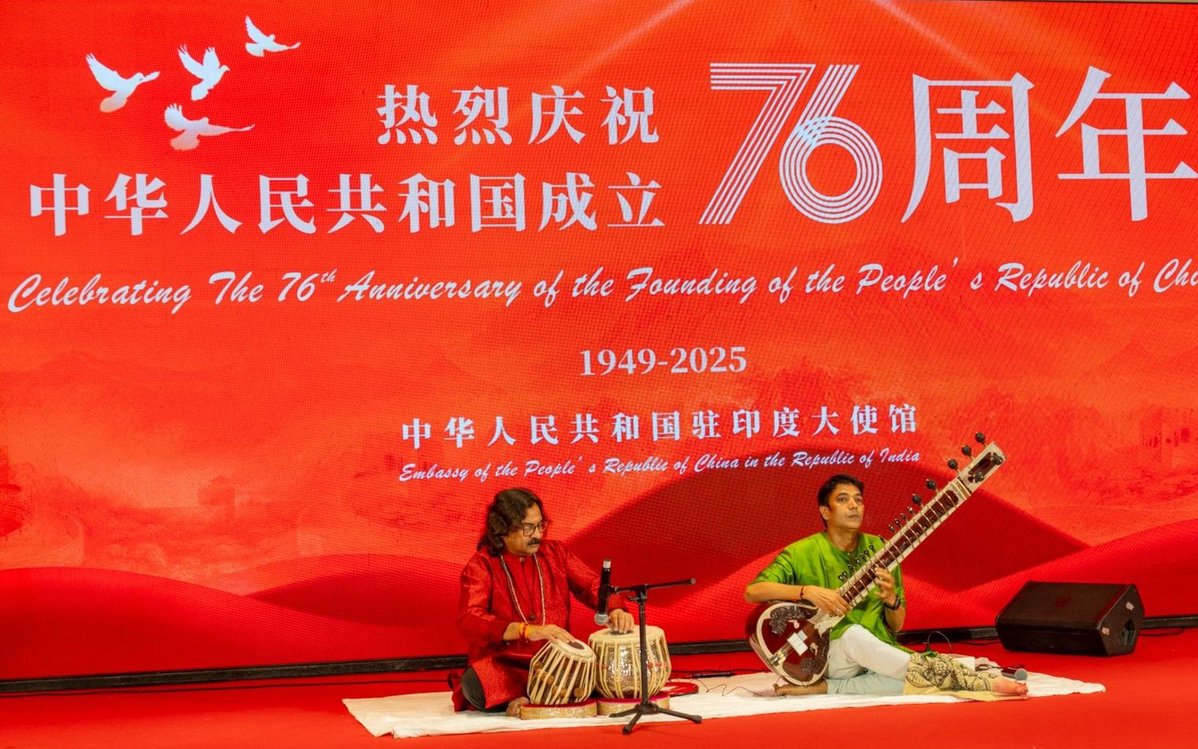
Striking a similar chord, Indian experts and Chinese diplomats said at a recent event that the top leadership-level meeting in Tianjin has set "a new starting point" for the neighbors.
Tagore Institute of Peace Studies in collaboration with the Consulate of the People's Republic of China in Kolkata organized an exclusive session on "Shifting Geopolitics: New Framework of India-China Relationship" last week.
Speaking at the session, China's acting consul-general in Kolkata, Qin Yong, said, "Only by strengthening mutually beneficial cooperation could China and India achieve a win-win outcome and hand-on-hand development."
There are clear indications that both sides are committed to advancing the ties, which can lead to a win-win situation, Tridib Chakraborti, emeritus professor and dean at the School of Liberal Arts and Culture Studies, Adamas University, said at the session.
Ishani Naskar, professor of International Relations at Jadavpur University, Kolkata, India, emphasized the need to expand trade and overcome mistrust. "We are neighbors and we cannot run away from each other. We have to work our way through the problems," Naskar said.
Speaking to this correspondent, India's former external affairs minister Salman Khurshid said relations to repair bilateral ties has just begun and both sides should now resolve other specific issues.
India's former foreign secretaries Shyam Saran, Ashok Kantha and Vijay Gokhale were present at the event in New Delhi.

















